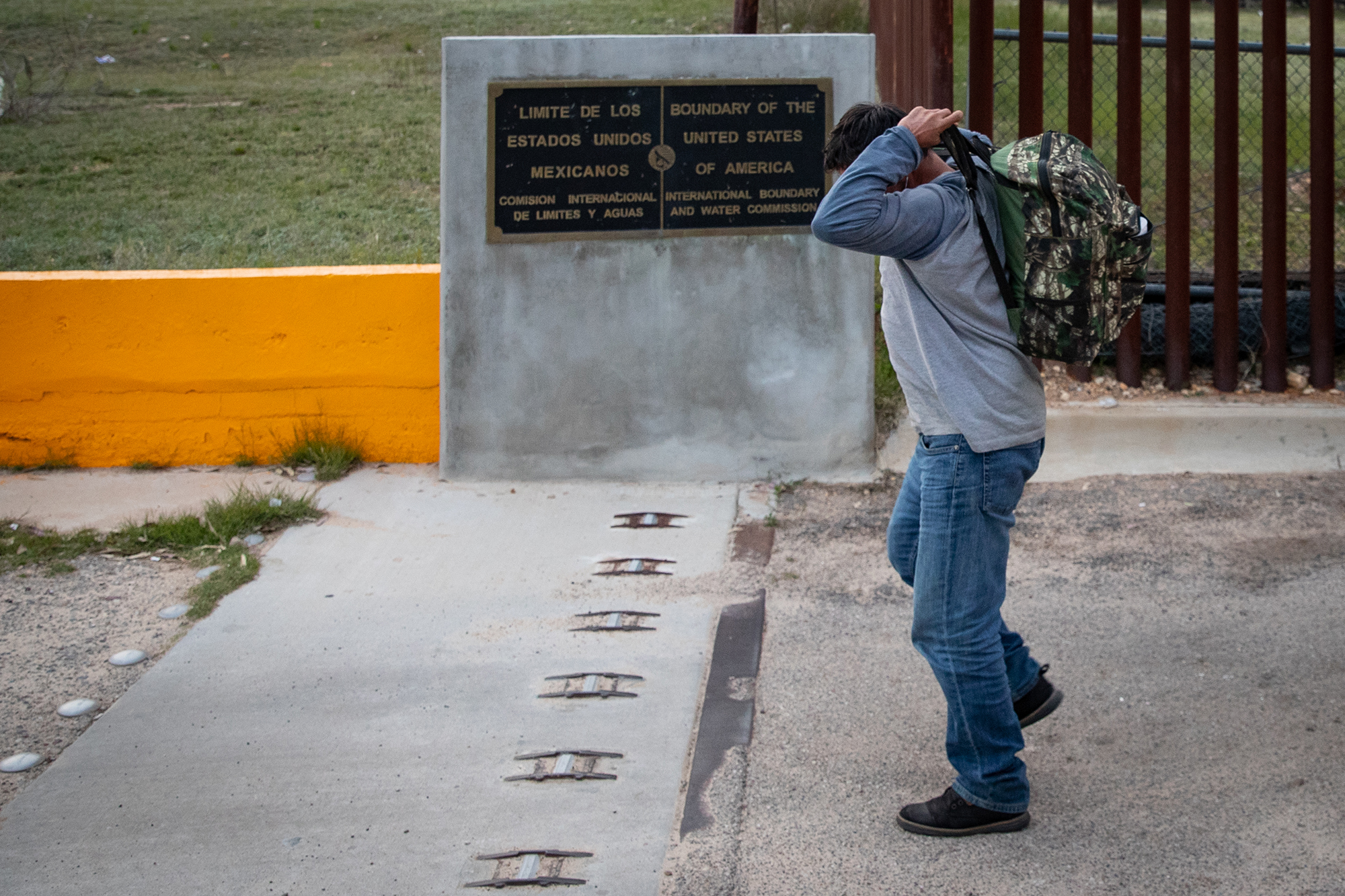The Supreme Court said late Tuesday that the Biden administration has to continue enforcing the Trump administration’s so-called “remain in Mexico” policy for asylum seekers – for now.
The Migrant Protection Protocols, enacted in January 2019, allow border officials to force asylum seekers to wait in Mexico for their claim to be heard, instead of letting them wait in the U.S. Administration officials said at the time that it would help “end the exploitation of our generous immigration laws.”
But critics said the policy exposed immigrants to crime and disease in the ramshackle border camps that sprang up to house waiting asylum seekers, and President Joe Biden reversed it shortly after taking office this year.
READ ALSO: How Arizona companies are hiring in Mexico quickly and cost-effectively
Texas and Missouri sued, claiming the change would lead to an influx of immigrants that would burden the states, and lower courts agreed that the Biden administration had acted improperly when it pulled the plug on the policy.
The White House on Friday asked the Supreme Court to put the lower court’s order on hold while it pursued an appeal, but a divided court rejected that request in a two-paragraph order late Tuesday night.
The Department of Homeland Security said in a statement Tuesday night that it was disappointed with the court’s decision, but that it would comply “in good faith” while it pursues a “vigorous challenge.”
But experts said it is unclear what form the compliance will take, as any renewal of the policy would have to be done with cooperation of the Mexican government, which would have to handle the migrants who are turned away.
“The ball is in Mexico’s court and the U.S. and Mexico will be negotiating in order to decide how much MPP scales back up,” said Yael Schacher, a senior U.S. advocate for Refugees International.
A call seeking comment Wednesday from the Mexican embassy in Washington was not immediately returned. But DHS said in its statement that it has “begun to engage with the Government of Mexico in diplomatic discussions surrounding the Migrant Protection Protocols.”
Tens of thousands of asylum seekers were turned back to Mexico in the first year of the program, where they often faced unsanitary conditions and were targets for crime. A December 2019 report by Human Rights First said it had identified more than 600 violent attacks on asylum seekers who were turned back to Mexico, including rape, robbery, assault and kidnapping.
Schacher said she visited migrants in the program waiting for asylum in the “second half of 2019, until the beginning of 2020.” Many struggled to find attorneys, did not have health care, shelter or schooling for their children, she said.
Jessica Bolter, an immigration policy analyst with the Migration Policy Institute, said the “remain in Mexico” policy also made it harder for migrants to get asylum by denying them access to legal representation, so they often missed updates on court dates and other important information.
“There were often times when migrants would miss their cases because of some miscommunication or because they weren’t able to get transportation back to the port of entry or they needed to present in order to go to their immigration hearings,” Bolter said.
Allen Orr Jr., president of the American Immigration Lawyers Association, said he was disappointed in the court’s decision on a policy that he said denies migrants “a lawful processing of their asylum cases.”
But others welcomed the court’s decision. Rep. Debbie Lesko, R-Peoria, called it “great news out of the U.S. Supreme Court” in a Tuesday night tweet.
“The Biden Admin must bring back the Remain in Mexico Policy which was helping to secure our border and stop the surge of illegal immigrants across our southern border!” she tweeted.
Rep. Andy Biggs, R-Gilbert, tweeted Wednesday that the court had “stepped in to restore justice under the law. But America should never have been endangered by Joe Biden’s willful neglect of our immigration laws in the first place.”
This is not the first time the court has had a chance to rule on the Migrant Protection Protocols. It was scheduled to hear an appeal earlier this year of a 9th U.S. Circuit Court of Appeals ruling that had overturned the policy, but that case was dismissed as moot after the Biden administration said it planned to end the program.
Orr said reinstituting the program will not be as easy as it sounds, since it will affect immigrants from African, Central and South America as well as Mexico.
“Most people think that everybody is from Mexico and they’re not,” said Orr, who called that a strain on the Mexican system.
Story by Kimberly Silverio-Bautista, Cronkite News




